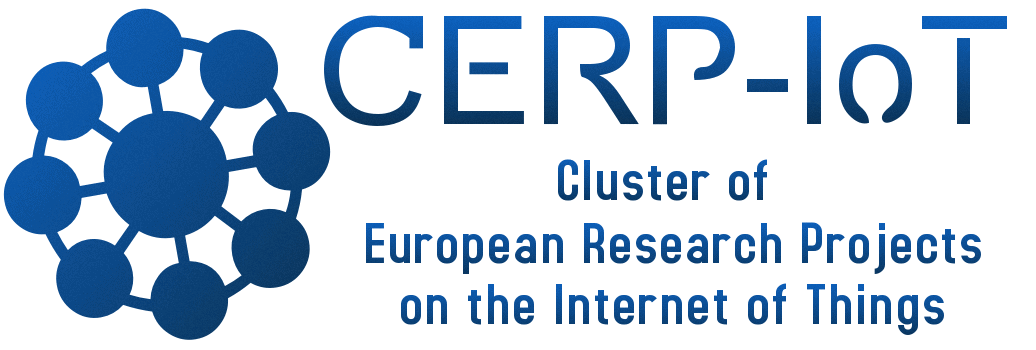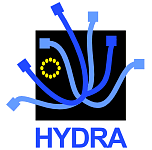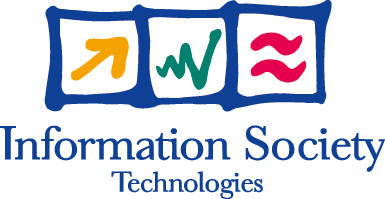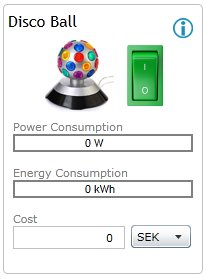Downloads: Ontology-Enabled Generation of Embedded Web Services
Downloads Home > Scientific papers > Ontology-Enabled Generation of Embedded Web Services
Ontology-Enabled Generation of Embedded Web Services Final | ||||
| Klaus Marius Hansen and Weishan Zhang and Goncalo Soares Department of Computer Science, University of Aarhus, Denmark: Web services are increasingly adopted as a service provision mechanism in pervasive computing environments. Implementing web services on networked, embedded devices raises a number of challenges, for example efficiency of web services, handling of variability and dependencies of hardware and software platforms, and of device state and context changes. To address these challenges, we developed a web service compiler, Limbo, in which Web Ontology Language (OWL) ontologies are used to make the Limbo compiler aware of its compilation context, such as targeted hardware and software. At the same time, knowledge on device details, platform dependencies, and resource/power consumption is built into the supporting ontologies, which are used to configure Limbo for generating resource efficient web service code. A state machine ontology is used to generate stub code to facilitate handling of state changes of a device. The paper was presented at the The 20th International Conference on Software Engineering and Knowledge Engineering (SEKE\'2008) 1-3 July 2008 in Redwood City, USA. |
| |||
Download: 
(503k) |
||||
 |
Downloads: 100 Downloaded: 289809 Most Downloaded: D10.8 Business models in agriculture [ 12260 ] Most Recent: Hydra - LinkSmart brochure [ 3914 ] |





 The Hydra project is co-funded by the
The Hydra project is co-funded by the 





